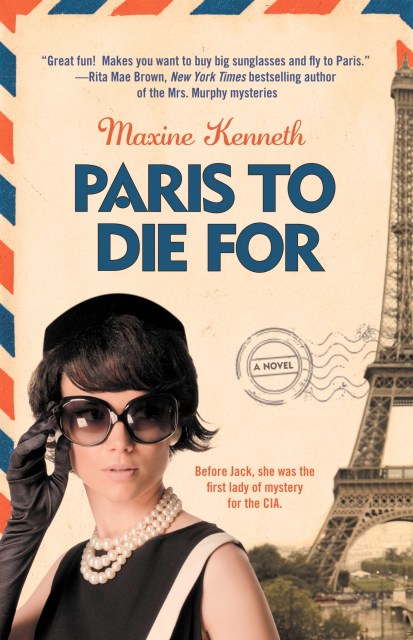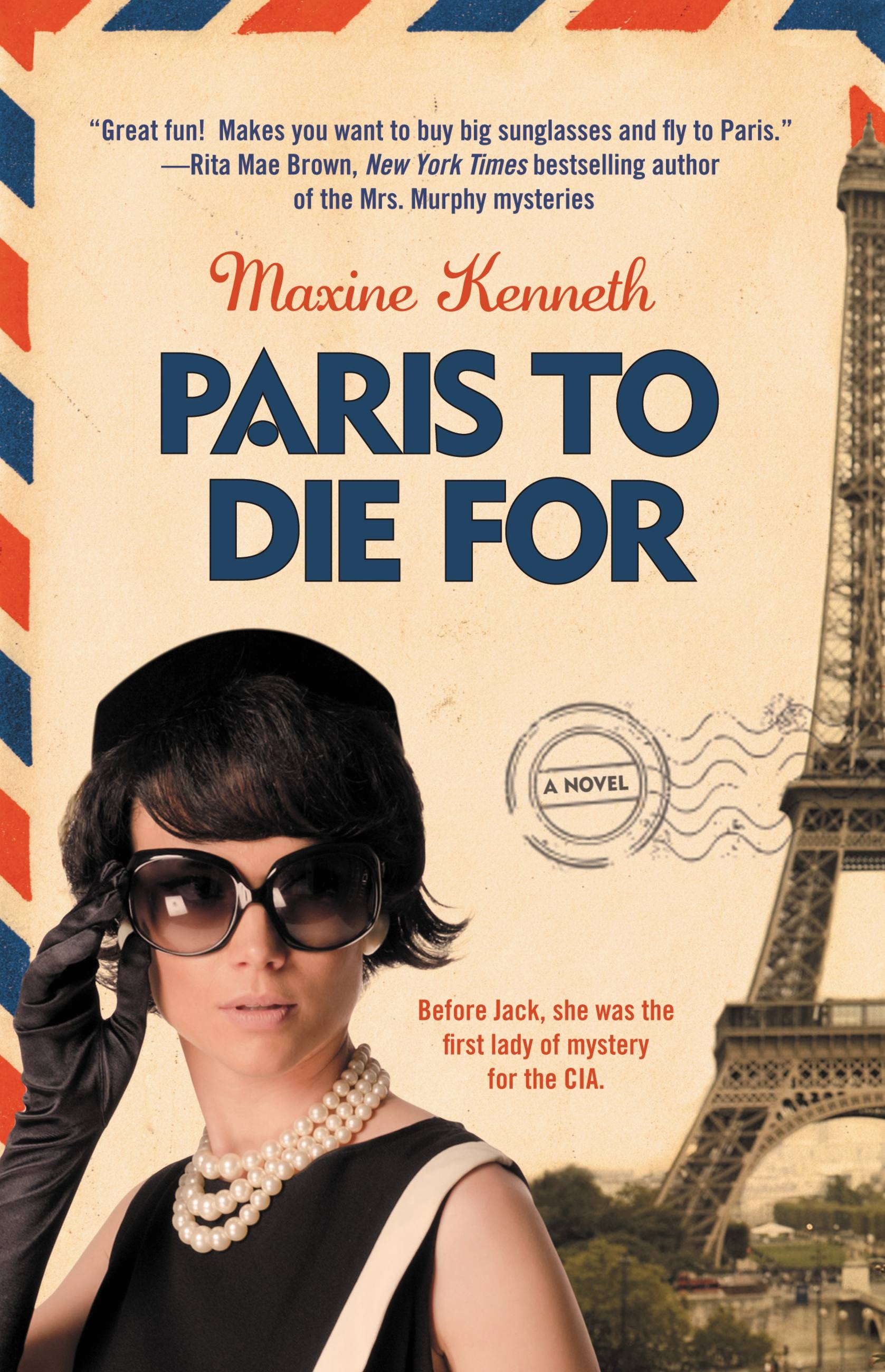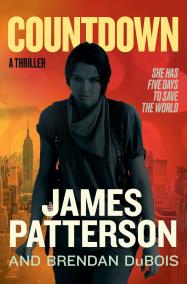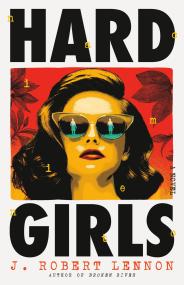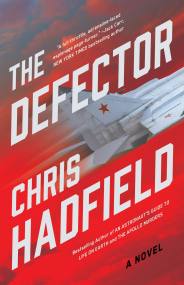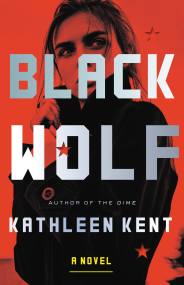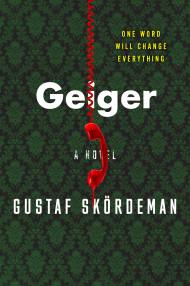Promotion
Use code MOM24 for 20% off site wide + free shipping over $45
Paris to Die For
Contributors
Formats and Prices
Price
$21.99Price
$28.99 CADFormat
Format:
- Trade Paperback $21.99 $28.99 CAD
- ebook $9.99 $12.99 CAD
This item is a preorder. Your payment method will be charged immediately, and the product is expected to ship on or around July 28, 2011. This date is subject to change due to shipping delays beyond our control.
Also available from:
A fast-paced, fashionable, and "intriguing novel [that] may not be as far-fetched as you think" from the author of Spy in a Little Black Dress (Kitty Kelley, New York Times bestselling author of Jackie Oh!).
Young Jacqueline Bouvier's first CIA assignment was supposed to be simple: Meet with a high-ranking Russian while he's in Paris and help him defect. But when the Comrade ends up dead, and Jackie-in her black satin peep-toe stiletto heels-barely escapes his killer, it's time to get some assistance. Enter Jacques Rivage, a French photographer and freelance CIA agent who seems too brash and carefree to grapple with spies, though he's all too able to make Jackie's heart skip a beat.
Together the two infiltrate 1951 high society in the City of Lights, rubbing shoulders with the likes of the Duchess of Windsor, Audrey Hepburn, and Evelyn Waugh. Jackie, no longer a pampered debutante, draws on her quick intelligence, equestrian skills, and even her Chanel No. 5 atomizer as a weapon to stay alive in the shadowy world of international intrigue-and to keep her date with a certain up-and-coming, young Congressman from Massachusetts . . .
Young Jacqueline Bouvier's first CIA assignment was supposed to be simple: Meet with a high-ranking Russian while he's in Paris and help him defect. But when the Comrade ends up dead, and Jackie-in her black satin peep-toe stiletto heels-barely escapes his killer, it's time to get some assistance. Enter Jacques Rivage, a French photographer and freelance CIA agent who seems too brash and carefree to grapple with spies, though he's all too able to make Jackie's heart skip a beat.
Together the two infiltrate 1951 high society in the City of Lights, rubbing shoulders with the likes of the Duchess of Windsor, Audrey Hepburn, and Evelyn Waugh. Jackie, no longer a pampered debutante, draws on her quick intelligence, equestrian skills, and even her Chanel No. 5 atomizer as a weapon to stay alive in the shadowy world of international intrigue-and to keep her date with a certain up-and-coming, young Congressman from Massachusetts . . .
Genre:
-
"In this fun spy romp, none other than Jacqueline Lee Bouvier is graduating from college in 1951. [S]he is thrilled when [the] deputy director of the newly established CIA offers her a special assignment in Paris. Having studied at the Sorbonne, Jackie is confident and intrigued, but when a simple defection devolves into multiple murders, she calls for backup. This highly enjoyable first [novel] offers plenty of cameo appearances by luminaries of the post-WWII social and political scenes including the Duke and Duchess of Windsor, Christian Dior, and Marlene Dietrich."Booklist
-
"Great fun! Makes you want to buy big sunglasses and fly to Paris."Rita Mae Brown, New York Times bestselling author of the Mrs. Murphy mysteries
-
"Part mystery, part chick lit, Paris to Die For is all fun. It manages to bring together a satisfying mystery and Cold War espionage with a lighthearted romance and gushing tour of Paris. It's full of name-dropping, with cameos from Wallis Simpson to Ian Fleming to the then-unknown Audrey Hepburn, and peppered with delightful bits of pop culture. I'm already anticipating the next book in the series."Historical Novels Review
-
"JFK loved Ian Fleming's creation of James Bond so this intriguing novel may not be as far-fetched as you think."Kitty Kelley, New York Times bestselling author of Jackie Oh!
-
"A bold book that makes you rethink one of our most beloved 20th century American icons."Mark Medoff, Tony Award-winning playwright of Children of a Lesser God
-
"In her last year as an editor, Jacqueline Onassis was actually working on an espionage story that intersected with her own life at key points. I can imagine her paging through PARIS TO DIE FOR with a wicked smile."William Kuhn, author of Reading Jackie: Her Autobiography in Books
-
"Paris to Die For is a frothy romp through the City of Light with a determined young Jackie Bouvier. It goes down with a tickle, like a fine champagne."Rebecca Cantrell, award-winning author of A Game of Lies
-
"Having known the real Jackie, I can say that she loved adventure--and had a fantastic sense of curiosity--and our imagined heroine here is likewise enterprising, brave, and fun to follow."Glenn Plaskin, interviewer and author of Katie Up and Down the Hall: The True Story of How One Dog Turned Five Neighbors into a Family
-
"Jackie. Oh! Like never before. If you like suspense, romance, Paris, and Dior you'll love this book."Laurie Graff, author of You Have to Kiss a Lot of Frogs and The Shiksa Syndrome
-
"Interesting and insightful...explores the early adventures of our thirty-fifth first lady as Jackie struggles to find herself pre-John F. Kennedy. Leaving behind the privileged life of her wealthy parents to serve her country in clandestine, death-defying adventures, Jackie never has a dull moment in Paris to Die For."Diane Dimond, journalist, author, and columnist
-
"A ravishing romp through post-war Paris with our most elegant of icons. C'est un livre extraordinaire!"Shari Shattuck, author of the Callaway Wilde mysteries
- On Sale
- Jul 28, 2011
- Page Count
- 368 pages
- Publisher
- Grand Central Publishing
- ISBN-13
- 9780446567411
Newsletter Signup
By clicking ‘Sign Up,’ I acknowledge that I have read and agree to Hachette Book Group’s Privacy Policy and Terms of Use
